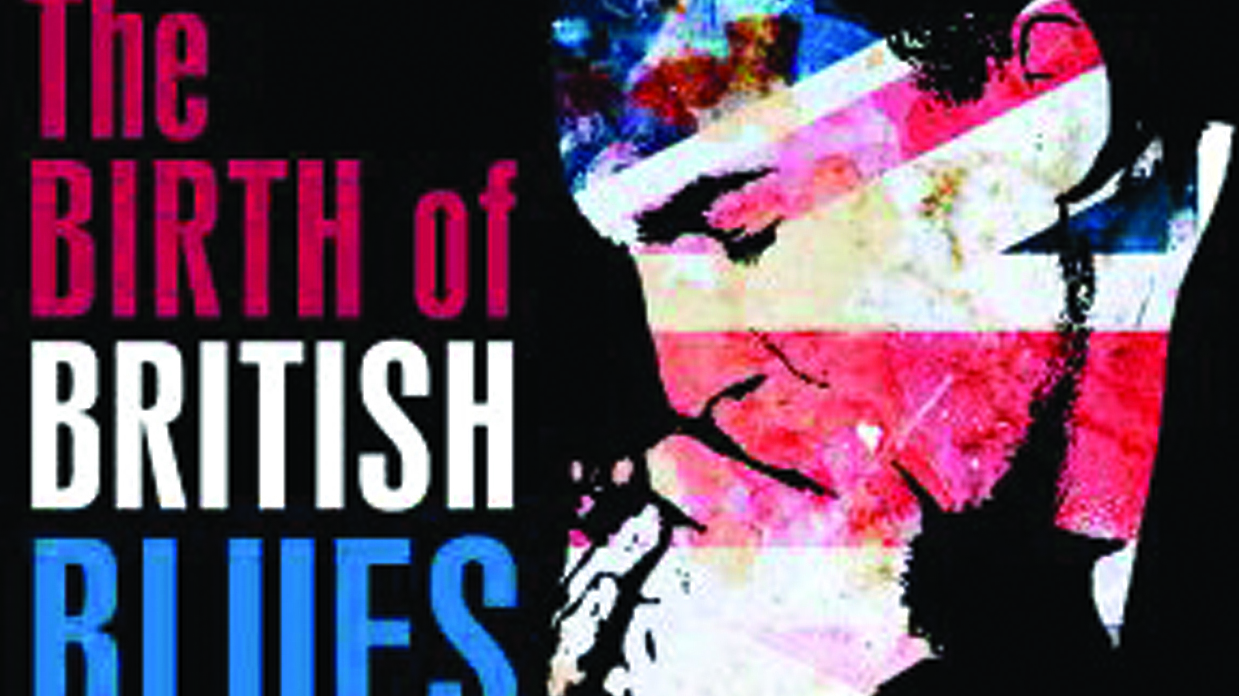This excellent four-CD set traces the origins of British blues to the early 50s, opening with tracks from Ken Colyer’s Jazzmen, Chris Barber’s Jazz Band and The Lonnie Donegan Skiffle Group.
Colyer and Barber were interested in playing New Orleans-style jazz, while Donegan’s skiffle owed a huge debt to the folk blues of Lead Belly. Barber is present in all three bands and was a catalyst for the British scene, featuring blues at his concerts and bringing the US heavyweights over to England. Also a member of both Colyer’s and Barber’s bands, Donegan started playing skiffle during intervals in trad jazz concerts. Seven tracks by Ken Colyer’s Skiffle Group introduce guitarist Alexis Korner, including a cover of the traditional folk blues song Midnight Special.
By disc two, Korner has teamed up with vocalist, 12-string guitarist and harmonica player Cyril Davies in Alexis Korner’s Breakdown Group. Korner and Davies soon started playing a blues section during Chris Barber’s concerts. Their 1957 album Blues From The Roundhouse is included in its entirety and is heavily influenced by Lead Belly, including many songs associated with him such as Leaving Blues, Alberta and Ella Speed.
Disc three features the eight tracks from two EPs by Korner and Davies (billed as Alexis Korner’s Skiffle Group and then Alexis Korner’s Blues Incorporated), plus the 12 tracks from the Chris Barber Band’s 1961 album Chris Barber’s Blues Book, which fuses trad jazz and blues and has Barber’s wife Ottilie Patterson on powerful, sassy vocals. It includes a jazzy version of Ruth Brown’s Mama, He Treats Your Daughter Mean.
Disc four includes all 12 tracks from the first British electric blues album, Alexis Korner’s Blues Incorporated’s R&B From The Marquee. The album wasn’t actually recorded at The Marquee Club but live in the studio at Decca in London, and it ditches the folk blues and trad jazz of the earlier recordings in favour of 50s Chicago electric blues, with four of the songs taken from Muddy Waters’ repertoire. While few would argue that, say, Hoochie Coochie Man is a match for the original, it nevertheless possesses a charm of its own and the album is still highly enjoyable.
Long John Baldry singing Leroy Carr’s How Long, How Long Blues is a standout, a boisterous I Got My Mojo Working sounds like a blueprint for later British R&B and the Korner-penned instrumental Gotta Move is dynamite, with Davies’ harmonica duetting with Dick Heckstall-Smith’s tenor sax impressively.
The band must have been so exciting for an audience unfamiliar with American blues. Recorded in June 1962, by the time it was released in November, Davies had left the band to form the Cyril Davies Allstars, who made two excellent singles (sadly not included here) before Davies tragically contracted pleurisy and died in January 1964.
The disc also contains two superb guitar instrumentals by Davey Graham (the second of which, 3⁄4 AD, sees him joined by Alexis Korner) and two tracks by Johnny Kidd And The Pirates with guitarist Mick Green. This set ends in late 1962, shortly before the June 1963 debut single by The Rolling Stones (featuring former Blues Incorporated drummer Charlie Watts), which introduced R&B to a mass audience and changed everything.
